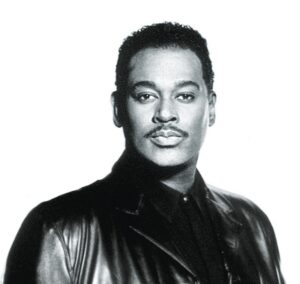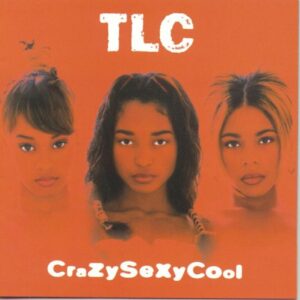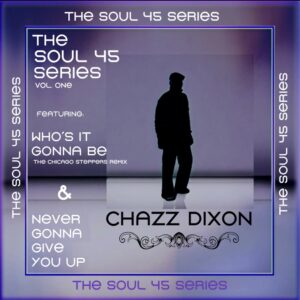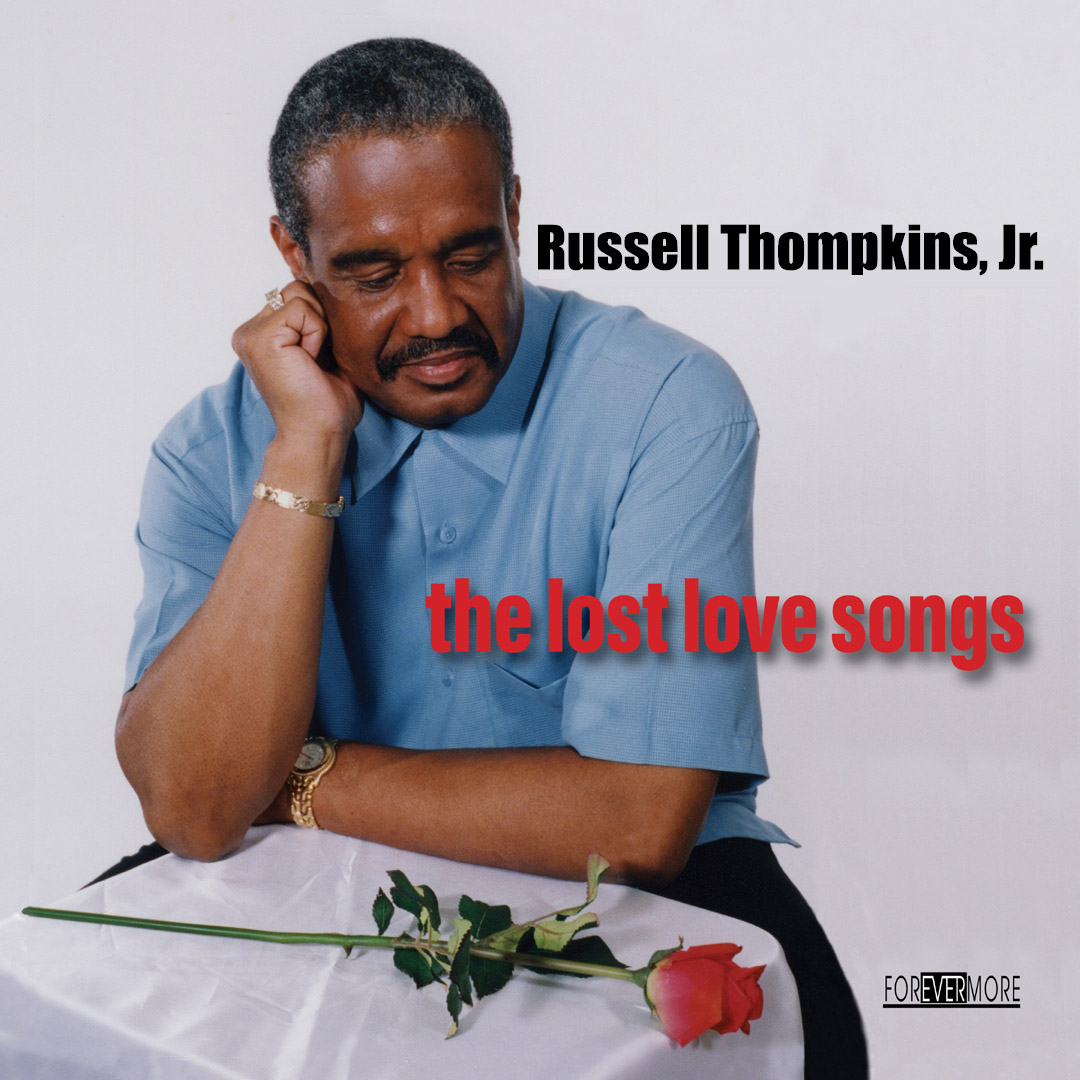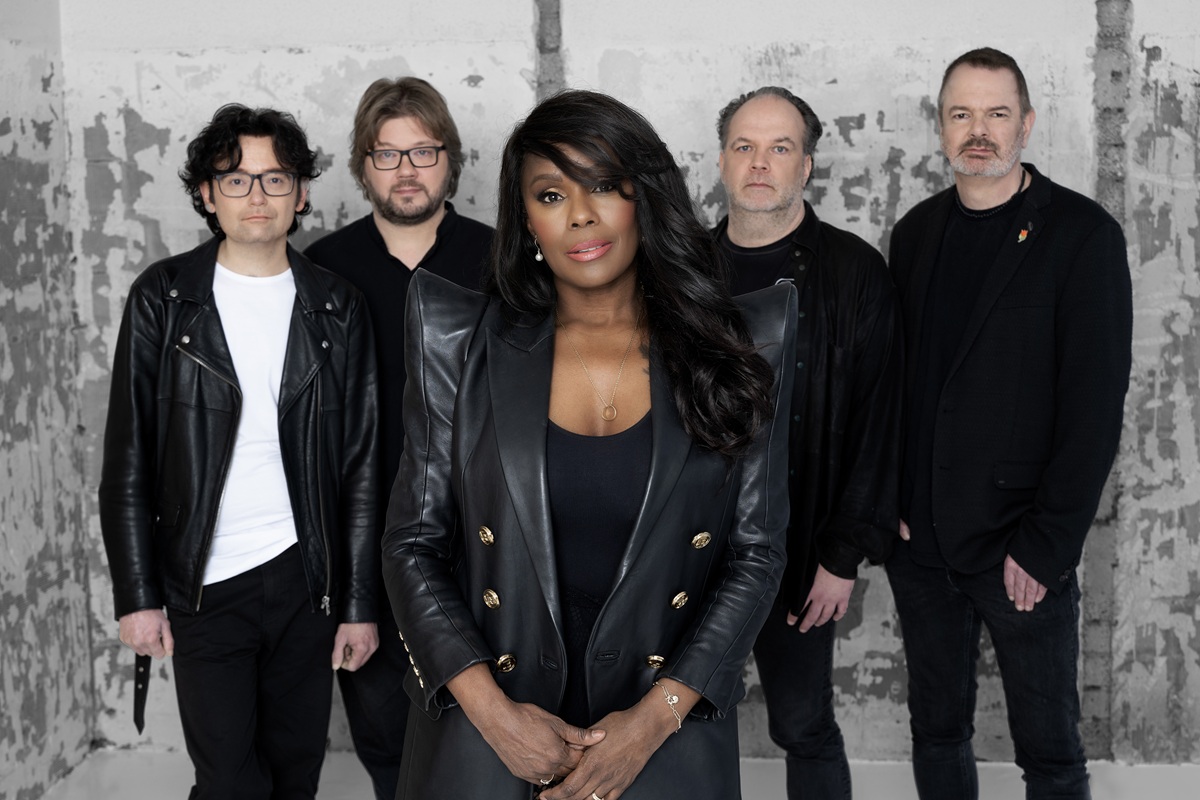In a recording career that has spanned a half century, George Benson has proven himself one of the most influential and versatile performers in popular music. Discovered at an early age by jazz great (and strong influence) Wes Montgomery, Benson served his apprenticeship with organist Jack McDuff, and was signed by Columbia in the early 60s. He recorded a handful of jazz-bop albums and began to develop a sizable following in the jazz world as one of the hot young stars of the genre. But unlike what Benson described as the “brainy” jazz that Miles Davis and others were emphasizing at that time, Benson’s music celebrated the danceable jazz of the 40s as well as rhythm and blues, and was both more melodic and accessible than much of the jazz sounds emanating from other artists at that time.
He continued his development on Creed Taylor’s CTI label in the early 70s, but felt stifled in his desire to include more of an R&B band sound to his music. He then signed with Warner Brothers in 1976 and teamed with producer Tommy LiPuma, a move that would change both his career and the sound of jazz over the next 40 years. Their first collaboration was Breezin, a terrific blend of Soul and Jazz that took off like a rocket, fueled by Benson’s smooth cover of Leon Russell’s “This Masquerade” (which won the 1976 Grammy for Record of the Year). Breezin’ was a multi-million selling smash (unheard of for a jazz record), and introduced the world to a fusion of R&B and jazz that countless artists would eventually incorporate. In fact, the entire Smooth Jazz and Contemporary Jazz formats, now popular around the world, owe more to Breezin’ than to any other album.
Benson followed Breezin’ with In Flight and Weekend In L.A., the latter a live recording that mixed smooth instrumental pieces with live covers of a number of soul standards, such as “It’s All In the Game” and “Down Here On the Ground.” L.A. stayed near the top of the charts for months and moved Benson to the upper echelon of popular artists. It also yielded Benson another Grammy for his uber-popular cover of the Drifters’ “On Broadway” — still perhaps his most recognizable song. For the next decade, Benson’s guitar work took a back seat to his vocals, as he delivered a series of popular Soul albums featuring music by some of the era’s top pop songwriters.
Benson’s popularity arguably peaked on his excellent 1980 collaboration with Quincy Jones (then the hottest producer in popular music), Give Me the Night, featuring a bevy of fantastic cuts written by the late Rod Temperton (Michael Jackson, Heatwave). He slipped a bit with 1983’s In Your Eyes, a generic-sounding Adult Contemporary album, but came back strong the next year with the wonderful 20/20, one of that year’s best Soul albums (check out his duet with Patti Austin on the title track or his excellent cover of Womack & Womack’s “New Day”), but one which didn’t receive the popular attention of his other work. The song “20/20” ended up being Benson’s last pop hit. His subsequent Soul albums that decade were much less compelling, both in production and material.
As the 80s came to an end, Benson evolved again, deciding to pay homage to the classic jazz vocal music of the 30s and 40s. He reteamed with LiPuma for 1989’s Tenderly, one of the best albums he recorded in any genre, and a testament to his skills as a vocal interpreter. His recording of “You Don’t Know What Love Is” from that album immediately became the definitive cover of that jazz standard. Tenderly is an essential album for lovers of torchy jazz ballads. He followed the next year with Big Boss Band, a lesser recording of uptempo jazz cuts with the Count Basie Band.
Benson then moved with LiPuma to the GRP label and spent the rest of the 90s back in the contemporary jazz vein, but with more of a focus on his guitar work than in his 80s albums. He came nearly full circle to Breezin’ with 2000’s Absolute Benson, which featured only two vocal tracks among a full disc of melodic, well-played instrumental ear candy. So it was surprising that in 2004, as Benson was pretty much back to his core contemporary jazz audience, that he released Irreplaceable, a mostly-vocal album that attempted to update his sound with a modern R&B underpinning. Benson continued to record, mostly in the contemporary jazz arena over the next decade, hitting a high point with a popular album of duets with Al Jarreau.
Benson continued to tour right into the 2020s, before citing age and health in his decision to cancel his 2024 European tour. Fortunately, fans had been treated to a live Weekend In London album in 2020, marking one of his last UK performances.
Looking back, it is clear that George Benson is one of the most influential artists of the latter 20th century. Contemporary Jazz stars such as Boney James and Euge Groove owe a huge debt to Benson’s breakthrough work in the 70s, bringing in pop and soul influences into contemporary jazz and bringing elements of what had become an increasingly elitist jazz genre to popular audiences. While Benson’s soul work certainly brought a fair amount of criticism from jazz purists, he and many of his contemporary jazz progeny have created some wonderful, accessible music for adults looking for music with a groove but who are otherwise caught between the immaturity of today’s hip-hop music and the heaviness of neo-traditional jazz.
By Chris Rizik


